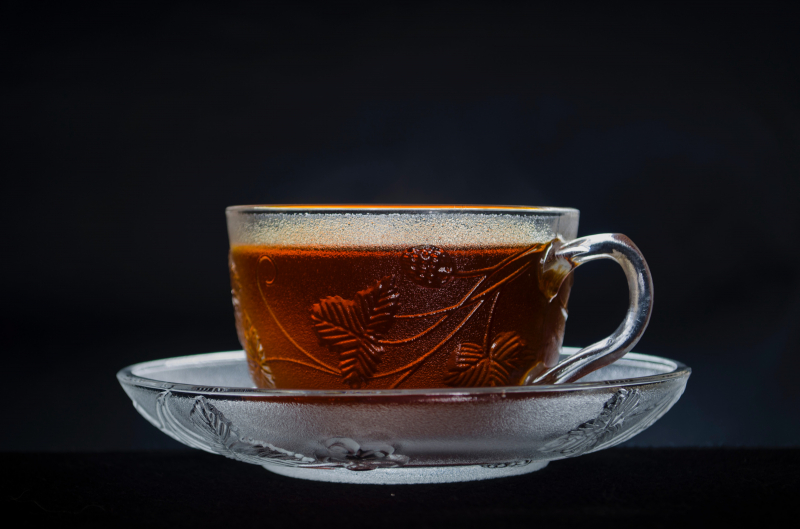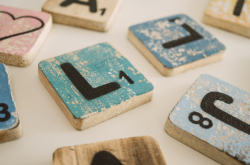How did AI beat poker champions? Libratus, an artificial intelligence that defeated four top professional poker players in no-limit Texas Hold'em earlier this year, uses a three-pronged approach to master a game with more decision points than atoms in the universe. AI was able to achieve superhuman performance by breaking the game into computationally manageable parts and, based on its opponents' game play, fix potential weaknesses in its strategy during the competition.
Quantum computer manufactured with silicon technology. The new chip design details a novel architecture that allows quantum calculations to be performed using existing semiconductor components, known as CMOS (complementary metal-oxide-semiconductor) - the basis for all modern chips.
Vital signs measured with radio waves. Forget the stethoscope and the blood-pressure machine. Engineers have demonstrated a method for gathering blood pressure, heart rate and breath rate using a cheap and covert system of radio-frequency signals and microchip "tags," similar to the anti-theft tags department stores place on clothing and electronics. The cracker-sized tags measure mechanical motion by emitting radio waves that bounce off the body and internal organs, and are then detected by an electronic reader that gathers the data from a location elsewhere in the room.
Tiny robots think and move like insects. Unlike traditional chips that process combinations of 0s and 1s as binary code, neuromorphic chips process spikes of electrical current that fire in complex combinations, similar to how neurons fire inside a brain. 80-milligram flying RoboBee outfitted with a number of vision, optical flow and motion sensor use the new class of "event-based" sensing and control algorithms that mimic neural activity and can be implemented on neuromorphic chips.
Drinking hot tea linked to lower glaucoma risk. Drinking a cup of hot tea at least once a day may be linked to a significantly lower risk of developing the serious eye condition, glaucoma. But drinking decaffeinated and caffeinated coffee, decaffeinated tea, iced tea and soft drinks doesn't seem to make any difference to glaucoma risk.




